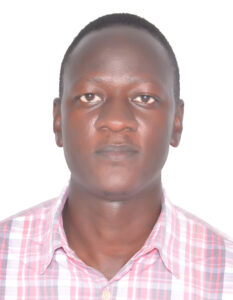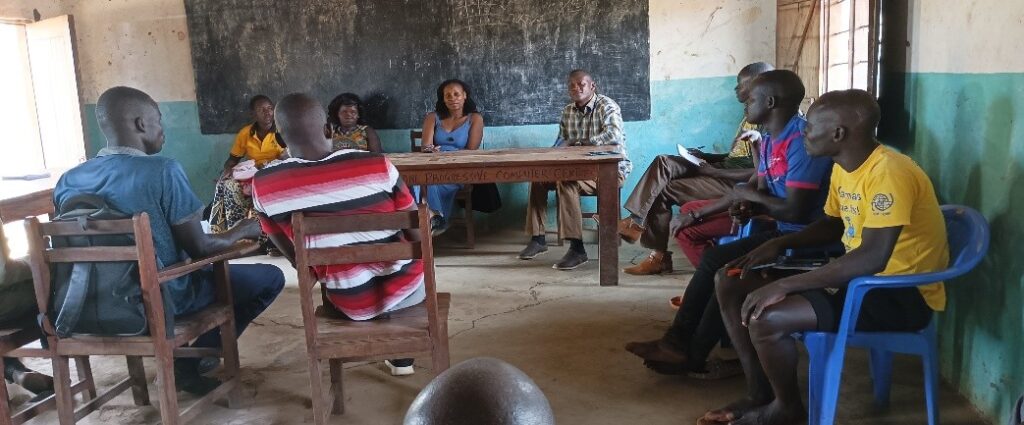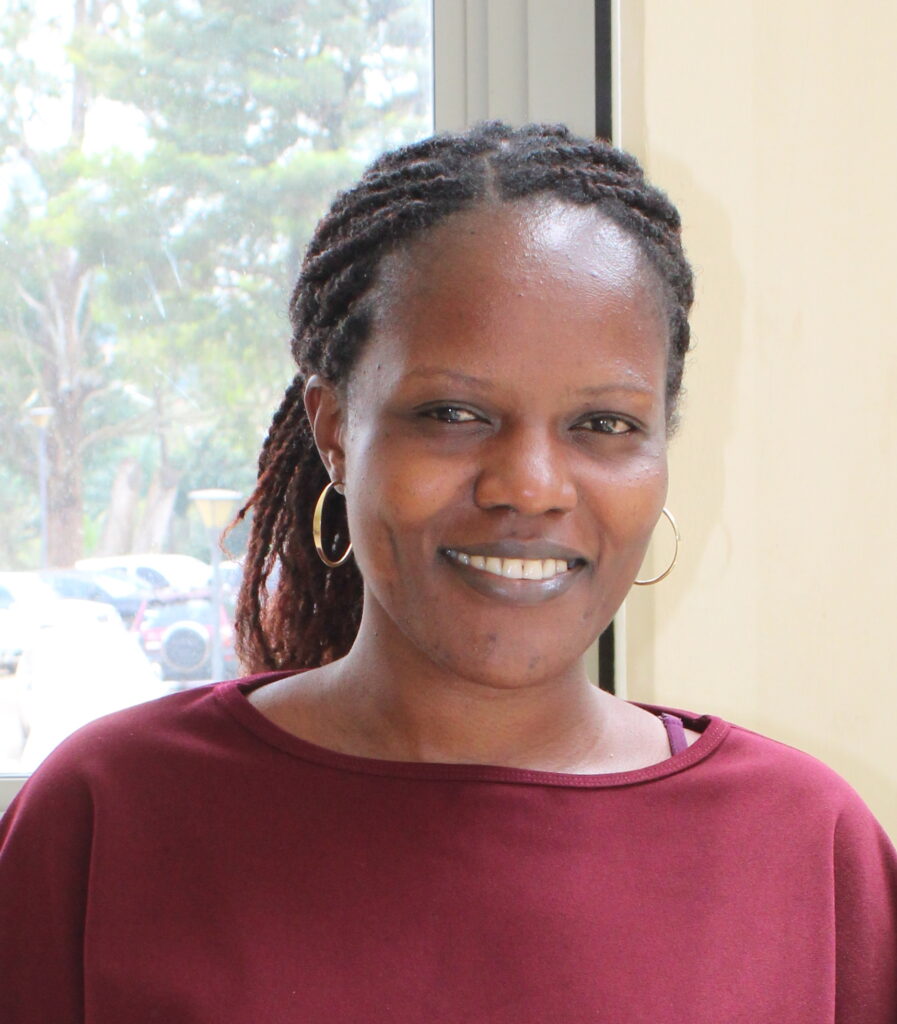The literal and metaphorical journey towards innovators, champions, and peace ambassadors in Lobone-Magwi, South Sudan

Andrew Gerald Omoding
- FEBRUARY, 2023

Nestled within the serene landscapes of Magwi County in Eastern Equatoria State, South Sudan, lies Lobone Payam – a community brimming with potential and resilience. Despite facing challenges like limited access to resources, dilapidated infrastructure including bad roads and nearly non-existent social services, Lobone stands as a beacon of peace and productivity in the region.
Lobone Payam, one of the nine vibrant communities in Magwi County, is home to approximately 36,845 industrious individuals, including returnees from internally displaced persons (IDPs) and refugee settlements in Uganda. Predominantly agrarian, the residents cultivate staples like cassava, maize, and sorghum, alongside rearing livestock such as cattle, goats, and sheep.

I was privileged to be part of a Ugandan delegation visiting South Sudan at the invitation of the government in Magwi, specifically the Magwi Commissioner Hon. David Remson Otto. This visit was organised under a new cross border project implemented in both Uganda and South South, aptly named “Cross-border Opportunities for Migration, Peace and Self Sustenance (COMPASS) funded by UNOPS/European Union and implemented by LWF-Uganda, LWF-South Sudan and CDSS in South Sudan. The projects is implementing various interventions in protection, livelihoods, health and wellbeing. CHASE-i Makerere is the learning partner on this project and that is how I came to visit Magwi as part of the project activities.
Among many things, this COMPASS project team aims to contribute in fostering innovation, championing local initiatives, and cultivating peace within the community as well as outside its borders. The journey to Lobone was not without its bumps, quite literally, traversing a challenging 73km murram road which took us about 8 hours to arrive! However, the warm welcome from the enthusiastic residents of Lobone, followed by discussions on what truly makes them innovators, champions and peace ambassadors quickly drowned any skeptical thoughts I had collected on that long, exhausting journey.
Broadly, Champions, Innovators, and Peace Ambassadors (CIPAs) are resourceful members in their communities who stand out based on their skills, competences and leadership on different aspects. On COMPASS project these were identified and carefully selected to be catalysts for change across the project’s multifaceted interventions for example in peace, WASH, farming or business. Among them were community leaders – including religious figures, association chairpersons, teachers, artisans, business leads and youth representatives. Their fervent participation and insights during our visit underscored a shared vision for community transformation, agricultural advancement, and enhanced market accessibility among others. The CIPAs had a clear vision and practical strategies on how to optimize the opportunities COMPASS project was opening up for their respective communities and trades. Several pressing needs and aspirations also emerged in the discussions; they expressed keen interest in bolstering agricultural practices through training in seed extraction techniques, ensuring a sustainable and reliable supply of quality seeds. Additionally, there was a resounding call for capacity-building in smart agriculture and business management, with a focus on empowering youth with digital skills to foster entrepreneurship and income generation.
The ambitions of Lobone’s CIPAs align harmoniously with the supportive framework provided by the COMPASS project, implementing partners like CDSS, LWF-Uganda and South Sudan, well as CHASE-i, alongside the steadfast leadership of Magwi County. Moreover, the presence of some functional healthcare facilities and educational institutions (albeit with supplies and human resource inadequacies as well as long distances to reach) – which we had an opportunity to visit – signifies a solid foundation for community development.
Looking ahead as it, the success of the COMPASS project hinges on several key factors, according to CIPAs which I fully agree with:
- Skill Development: Equipping community members with agricultural, business, and ICT skills to enhance productivity and resilience.
- Promoting Unity: Fostering unity through the efforts of Peace Ambassadors and actively engaging religious and cultural leaders in community initiatives, giving them opportunity and leeway to use some of their own [effective] methods
- Inclusive Participation: Actively involving Persons with Special Needs (PSN) in project activities and ensuring their recognition throughout the project cycle. Some of the CIPAs present were Persons with Disabilities (PWDs) but with an excellent portfolio of innovations benefitting their communities and so much to teach.
- Infrastructure Improvement: Enhancing the road network to facilitate market access and streamline transportation of vital resources. If a journey of 73km took an entire day, one wonders what would happen if it was an emergency of, for example a critically ill patient needing emergent care at the health facility – the chances of survival would be slim to none. A lot has been said and is known about the endless benefits of infrastructural development not just for service delivery but also socioeconomic transformation. Thankfully, there is hope, especially with the kind of leaders the COMPASS project is partnering within Magwi County and beyond.
As Lobone intentionally contributes towards and embraces its ongoing journey towards sustainable development, the collective efforts of its CIPAs and residents, supported by strategic partnerships and unwavering commitment, will undoubtedly pave the way for a brighter, more prosperous and peaceful future. Hopefully by the time the COMPASS project closes its curtain, there will indeed be more cross-border opportunities for migration, peace and self sustenance.


The writer and other COMPASS team members engaging with CIPAs in Lobone

The writer (right) with senior members of the COMPASS Makerere team: Dr Milton Mutto (far left) and Daniel Magumba (second left)

The writer (right) with the Health Facility Manager of Kichenga Primary Health Care Centre (second right) and COMPASS-Makerere Lead, Dr Gloria Seruwagi (right) on a visit

Government of Uganda and South Sudan officials inspecting a newly-constructed youth centre in Magwi. Centre (in suit) is the Magwi County Commisioner, Hon. Remson Otto who was out host for this visit.


